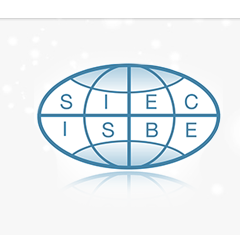Abstract
The dedicated stream of learning from others’ failure has gained increasing attention in entrepreneurship education research and—because of the COVID-19 crisis—among practitioners. The emerging literature on entrepreneurship education addresses this important phenomenon but lacks specific theoretical underpinnings; its new approaches to and empirical inquiry are one-sided. Therefore, a systematic literature review is warranted to provide a more comprehensive view of learning from others’ entrepreneurial failures and to develop a research model. Unprecedentedly, the author explores the type of research streams and gaps that can be included in a research model for entrepreneurship education research in the area of learning from others’ failures. The model is based on a systematic literature review analyzing 257 articles, which were narrowed down to 25 empirical articles focusing on university students’ learning from the entrepreneurial failures of others. The author argues that the literature lacks a holistic understanding of learning from others’ failures, especially regarding identifying new theories or new combinations of theories, and using methods other than experimentation and questionnaires. Therefore, the author develops a research model to overcome most of these gaps and identify important avenues for future research.
Recommended Citation
Liszt-Rohlf, Verena
(2023)
"“Listen to me” – a systematic literature review about learning from others’ failure narrations,"
International Journal for Business Education: Vol. 163:
No.
1, Article 7.
DOI: https://doi.org/10.30707/IJBE163.1.1675491516.843383
Available at:
https://ir.library.illinoisstate.edu/ijbe/vol163/iss1/7
Included in
Adult and Continuing Education Commons, Adult and Continuing Education and Teaching Commons, Curriculum and Instruction Commons, Educational Leadership Commons, Educational Methods Commons, Online and Distance Education Commons, Other Education Commons, Other Teacher Education and Professional Development Commons, Secondary Education Commons, Secondary Education and Teaching Commons, Technology and Innovation Commons

